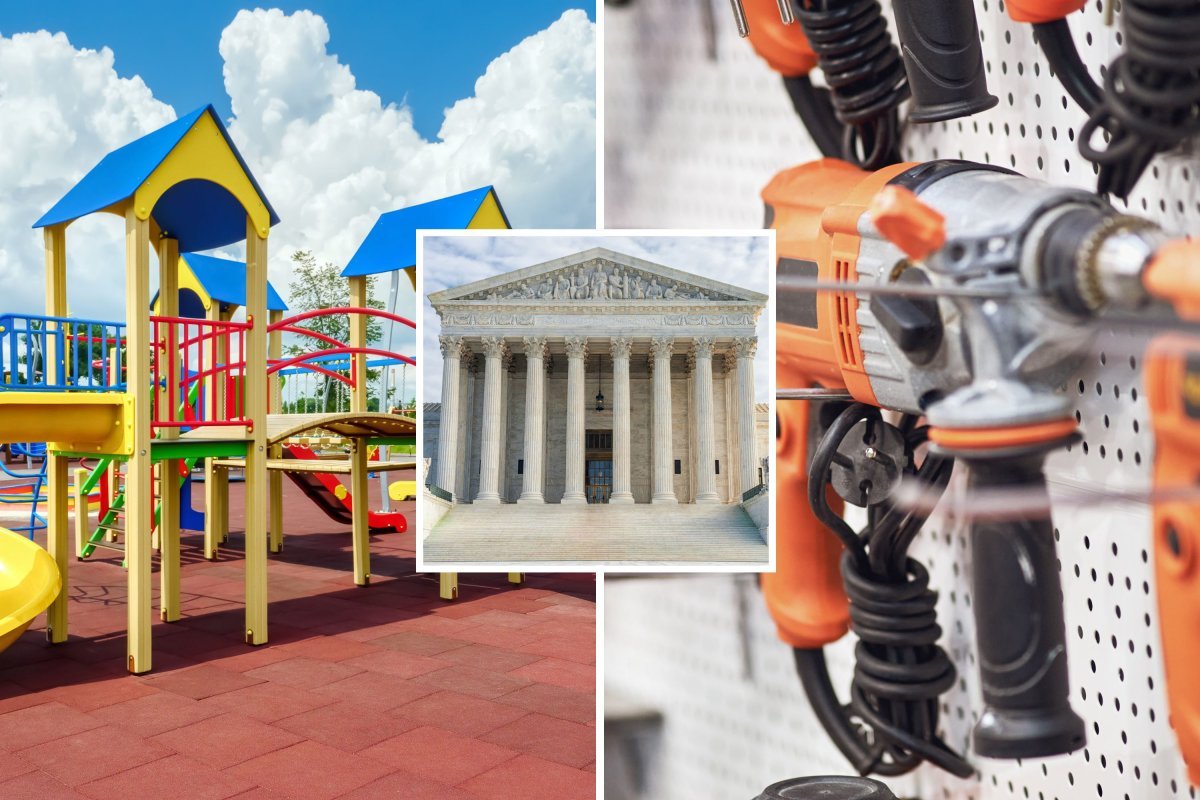A matter of eminent domain has divided the Supreme Court justices.
In the case of Brinkmann v Southold, plaintiff Ben Brinkmann argued that the town of Southold, New York, illegally took his land to build a park.
The Brinkmann family originally planned to build a hardware store with an 80-car parking lot on the property.
The town initially asked the Brinkmanns to pay for improvements to an intersection to make traffic easier after the hardware store was built and demanded they conduct an impact study and apply for special permits.
Southold then implemented a six-month hold on building permits in a one-mile zone centered around the Brinkmanns’ property and continued to delay the process until July 2020 when the town began the process to approve a park built there under public use.
The Brinkmanns said that the pretextual taking was in violation of the Takings Clause of the Fifth Amendment, but the district court dismissed the argument, allowing the town to take control of the land.
While the Supreme Court denied a writ of certiorari which would allow the higher court to analyze the case and deliver a new ruling, the justices were split down the middle over whether they should hear the case.
Justices Clarence Thomas, Neil Gorsuch and Brett Kavanaugh would have granted the petition, but the rest of the court ruled against the measure.
Under the Fifth Amendment, the government stipulates private property should not be taken for public use without “just compensation.” There are only two limits on the government’s right to take eminent domain over a property, and this requires it must be for public use and have “just compensation.”
Newsweek was unable to independently verify the compensation amount.
A previous ruling under Kelo v. City of New London found that the public use clause mandates the government’s public use reason to take a property must be “genuine” and “not a pretext for some other, illegitimate purpose.”
In the Brinkmanns’ case, they argue the town took the property not due to an actual interest in building a park but instead to prevent the hardware store’s construction.
If the case had been granted another review, it could have ushered in greater protections for property owners in the case of towns and cities that use the idea of a public park as a pretext for preventing the land’s use in a specific commercial way.
But previously this year, the 2nd U.S. Circuit Court of Appeals ruled that “when the taking is for a public purpose, courts do not inquire into alleged pretexts and motives.”

Standart/Mindaugas Dulinskas/Andrey Zhuravlev/Getty Images




